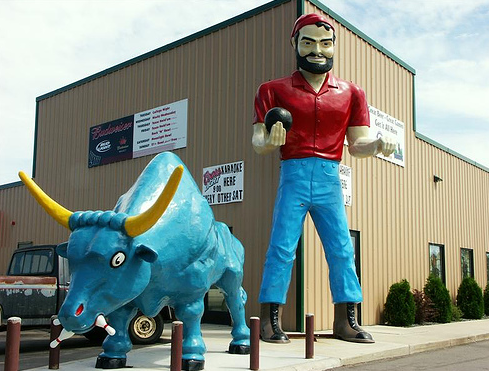Big firms always contain a big proportion of slackers. How can large companies stay alive like this, when there's always hungry, slacker-less startups waiting to take their business?
The obvious reason is economies of scale, but that's less important for non-industrial companies. The real answer is information. Big companies build up deep pools of talent over many years. Somebody who's retired at their desk might still answer a crucial question that saves man-months of work. Executives watch teams over the long term, learn which are effective, and so can efficiently channel resources to projects likely to be executed well. Innovations in one group can be shared with the rest of the company.
We think of our society being based on competition, but companies are pure command and control hierarchies, more like the polit-buro than a free market. When colleagues help each other out, no money changes hands. When the system works, its because the people making decisions and setting priorities have the information they need.
I'm passionate about building Mailana because I've seen how often this information network fails within large companies. You end up with multiple teams working on the same problem, oblivious they're duplicating work. Management never finds out who really did the work on that crucial deal. Different departments give conflicting demands to an external supplier. Sales reps are chasing the same customer without knowing it.
Giant companies can only beat their inherent slacker tax when their employees pull together. The tools for making that happen are primitive today, but I know we can build something better.
